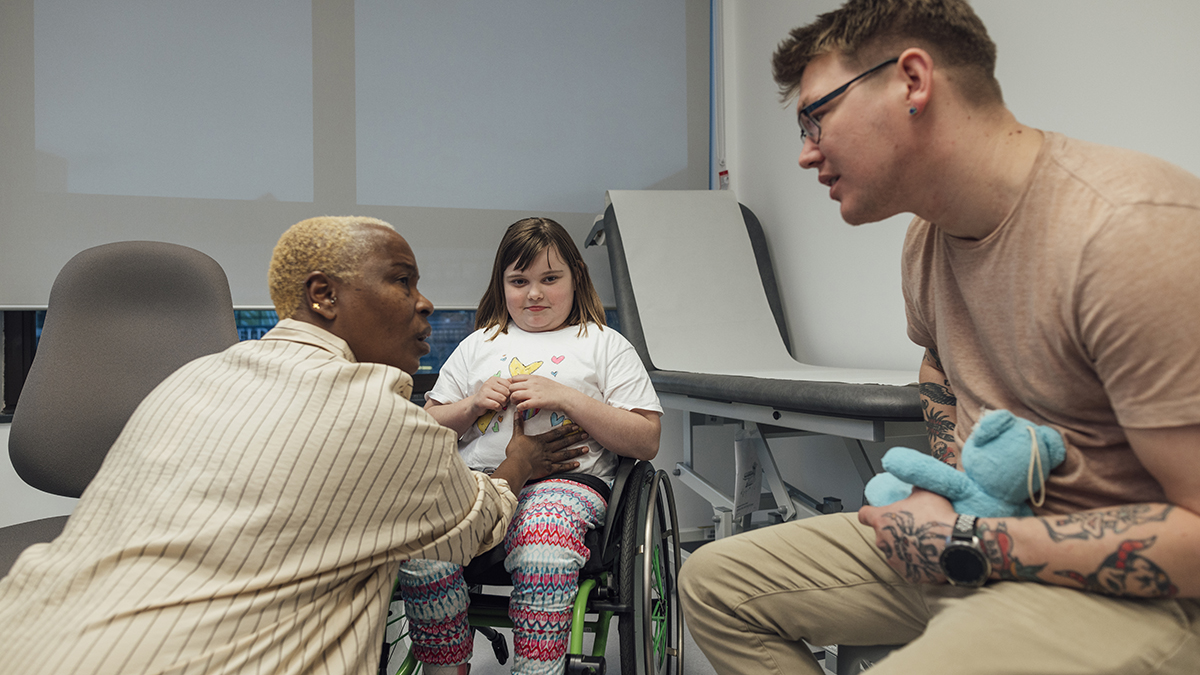Catholic principles call medical practitioners to act with dignity and justice when treating patients with disabilities, and the Gospels offer many examples of Jesus showing particular attention to people who are disabled. Today, this witness should inspire our efforts to address the ways in which those who live with various disabilities are marginalized, including barriers to employment, disparities in health care, limited access to spaces, communication, and information, and challenges in other essential aspects of everyday life. At the same time, Catholic social teaching encourages us to move beyond simply avoiding discrimination and to instead advance a positive vision of dignified care, both clinical and social, for the whole person.
This conversation explored how the principles of Catholic social teaching shape the approaches of both religious and secular health care systems to medical care for persons with disabilities, and how political and medical efforts could be combined to provide high-quality and dignified care for persons with disabilities.
A social time beginning at 6:30 p.m. will precede the conversation. Dinner will be provided.
This in-person gathering is co-sponsored by the Georgetown University Initiative on Catholic Social Thought and Public Life and Magis GUSOM, a student group at Georgetown University’s School of Medicine.




